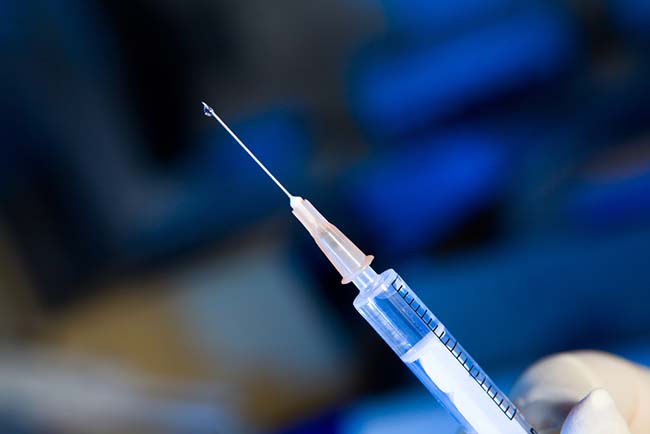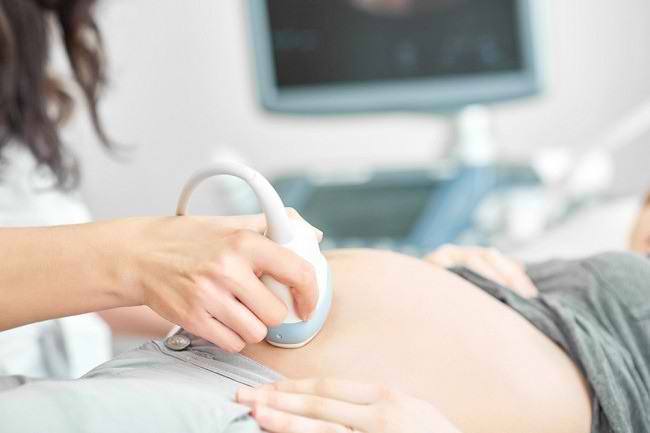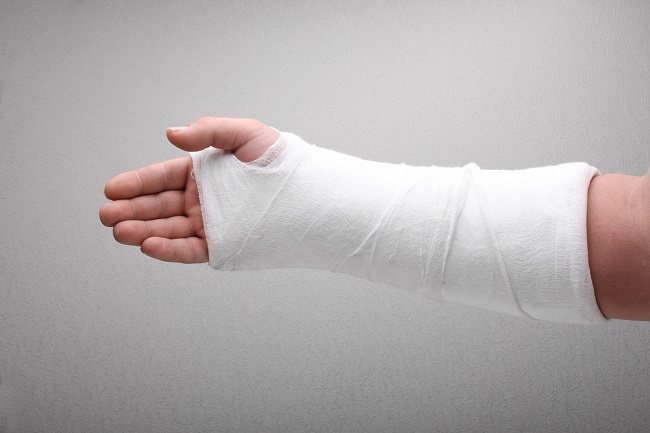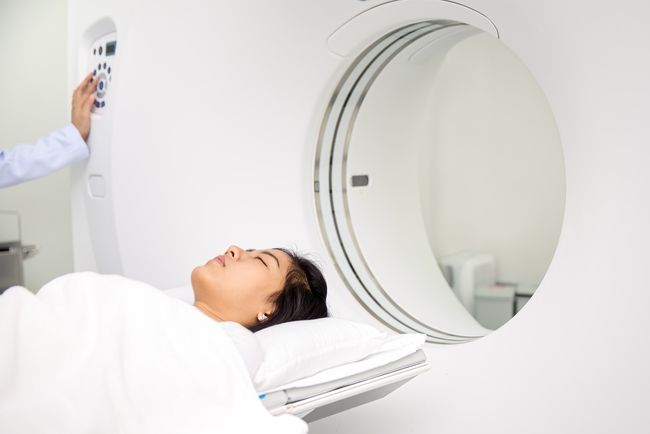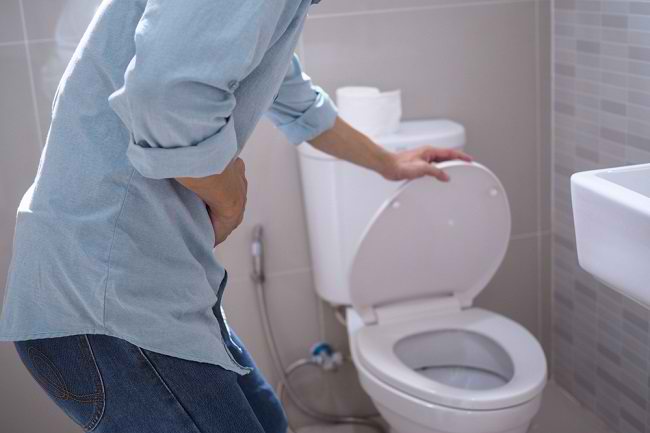Treatment after hernia surgery needs to be done properly because it can determine the length of the recovery process and reduce the risk of complications. So, so that healing is good and You can immediately start activities back toknow method post carehernia surgery correct.
Hernia is a condition when an organ protrudes from the body due to weakening of the connective tissue so that it is unable to hold the organ. This condition is generally characterized by lumps that come and go in certain body parts, such as the abdomen, belly button, or groin.

Hernias are not always dangerous. Doctors will usually suggest hernia surgery if the lump is getting bigger, accompanied by pain, or has interfered with organ function. Hernia surgery itself can be done by open surgical techniques or by laparoscopy.
Most hernia sufferers can return to normal activities within 1-2 weeks after surgery. However, this will depend on your physical condition, the type of surgery performed, and how you treat your hernia after surgery.
Treatments that need to be done after hernia surgery
Proper treatment can speed up the recovery process and prevent complications. The following are some of the things you need to do during treatment after hernia surgery:
1. Consumption of fiber foods
Once your doctor confirms your condition is stable, you can start eating solid foods. The recommended types of foods are fiber-rich foods, such as beans, cereals, fruits, potatoes, and broccoli.
The purpose of eating fibrous foods is to allow you to pass stools smoothly and stools are easier to pass, so you don't have to push too hard. That way, your abdominal cavity does not get excessive pressure.
2. Increase the consumption of water
You are also recommended to drink 8-10 glasses of water per day. In addition to helping digestion and making stools softer, water is also useful for maintaining body fluid balance and preventing dehydration that may occur after surgery.
3. Walk and move regularly
After hernia surgery, you are advised to walk or move regularly to prevent blood clots and help the healing process. Even so, first avoid sports that are too strenuous, for example jogging or lifting weights, to prevent the stitches from re-opening.
For more complex or recurrent hernia cases, avoid strenuous activities for at least 6 months after surgery.
4. Change the bandage regularly
Change the bandage regularly as directed by the doctor. Make sure you always wash your hands with soap and water before changing the gauze or bandage on the surgical site. This aims to prevent infection in the surgical wound.
5. Take painkillers
Pain is often felt during the first few weeks after surgery. However, you can relieve the pain by taking painkillers, such as paracetamol, ibuprofen, or other painkillers prescribed by your doctor.
Pain also often appears when you cough or sneeze. You can reduce the pain by applying light pressure to the surgical wound surface with your hand or a pillow when you cough or sneeze.
In addition, there are several things that you need to avoid after undergoing hernia surgery. Here are things you need to pay attention to during post-hernia surgery care:
- Avoid lifting heavy objects or doing excessive activities, for 4-6 weeks.
- Avoid bathing by soaking, until the bandage and stitches have been removed. Bandages are usually removed on the fifth day after surgery, while stitches are removed on the seventh day after surgery.
- Do not have sex, for at least 2 weeks.
- Do not smoke, because it can increase the risk of infection and hinder the wound healing process.
- Avoid driving a vehicle, for at least 2-3 days after surgery. This is because the effects of anesthetics and pain relievers can make you feel dizzy, drowsy, unfocused, or have trouble remembering.
- Avoid consuming alcohol, as it can hinder recovery.
- Avoid wearing clothes that are too tight, so that the scars don't rub and make it difficult to heal.
Various Risks of Complications After Hernia Surgery
Hernia surgery is a safe surgical procedure. However, every surgical procedure has risks. The following are some of the complications that may occur after hernia surgery:
- Surgical wound infection.
- The formation of a blood clot or embolism that can travel to the lungs through the blood vessels.
- Impaired kidney function.
- Nerve disorders (neuralgia) that cause pain or tingling in the abdomen, legs, or groin.
- Hernia came back.
- Formation of a seroma (buildup of fluid) or hematoma (collection of blood) around the area surrounding the operated area.
- Prolonged pain after surgery, but is rare.
Proper care after hernia surgery can keep you from complications and make recovery faster. Therefore, always follow the doctor's instructions regarding how to treat surgical wounds, recommended diet, and activities that need to be avoided.
If after surgery you experience severe abdominal pain, fever, vomiting, or the surgical wound is swollen and has a foul-smelling discharge, consult a doctor immediately for further treatment.
Written by:
dr. Irene Cindy Sunur
